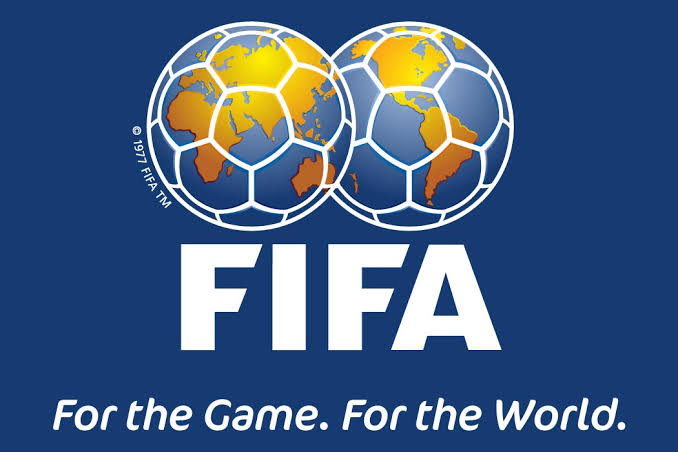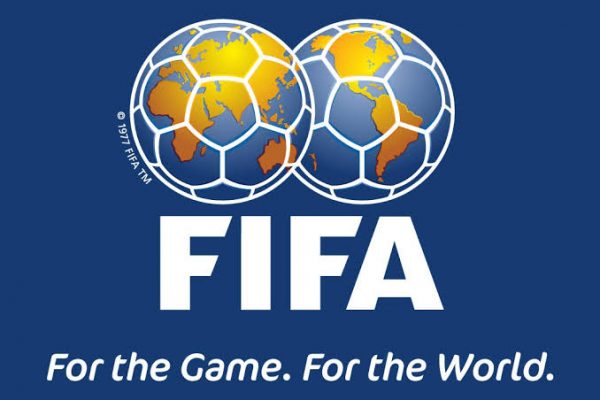The Fédération Internationale de Football Association alongside the host of the 2022 edition of the FIFA World Cup, have agreed to stick to the 32-team format after several deliberations.
The global football governing body had before now brought to public notice, a plan to extend the forthcoming World Cup to accommodate 48 teams as opposed to the conventional 32-team format.
Qatar did not oppose the decision and was willing to expand its plans to accommodate FIFA’s new vision if it was beneficial to the game and the teams involved.
However, after careful consideration and meetings to weigh the pros and cons of hosting a 48-team global event, the peninsula Arab country has decided against moving forward with the planned expansion.
The local organizing body for the world cup in Qatar came up with a working strategy and viable models that would have accommodated the additional 16 teams, but a joint analysis revealed the feasibility of the plan would not be in Qatar’s best interest due to the advanced level of preparations for the 2022 World Cup.
In other to properly assess the strain of an expansion on the country’s logistics, more time would be required, and since a decision cannot be reached before the deadline of June, it was decided not to push the expansion project any further.
Nigeria has featured in six (6) FIFA World Cups, and the Super Eagles have only made it to the Round of 16 on three occasions, in 1994 (debut appearance), 1998 and 2013.
The Super Eagles were the very first African team to qualify for the 2018 FIFA World Cup but were met with a spell of bad luck as they were unable to progress past the preliminary stage of the global showdown in Russia.
Featured image source: JSTOR Daily


